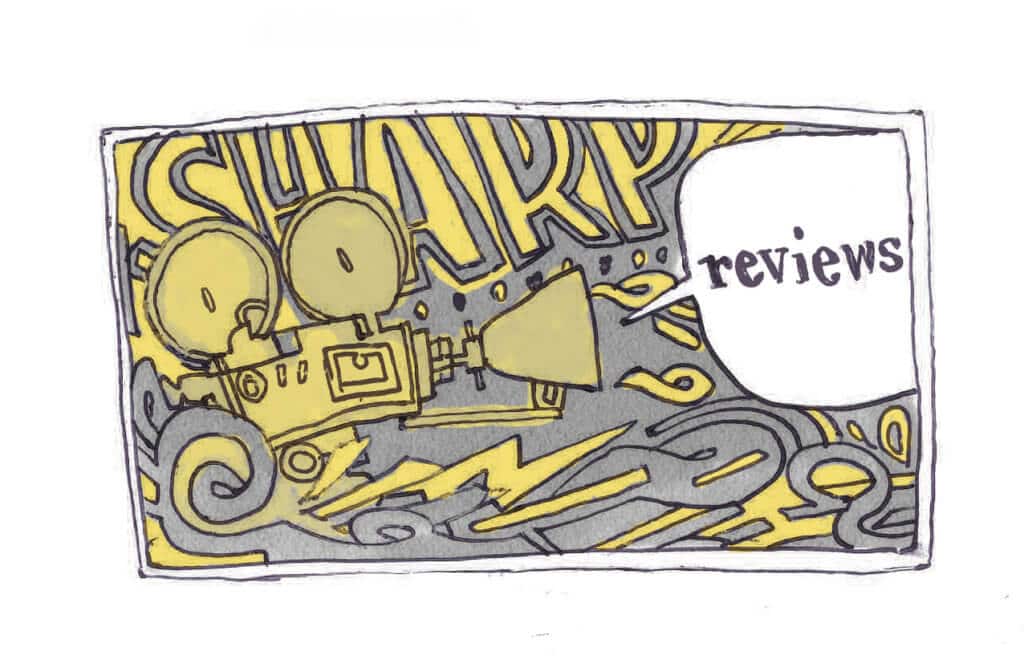An engaging and aimless exploration of pre-digital urban boyhood
 Jonah Hill’s directorial debut Mid90s follows Sunny Suljic’s Stevie as he careens into adolescence during a very specific period of American Culture. As his social capital grows, he engages in riskier and more toxic behaviour. We’re forced to watch, for better or worse, as he fashions his new identity. The film is anchored by strong performances and decent cinematography. Unfortunately, with a lean runtime of 85 minutes, Hill wastes too much time hinting at several directions the film could take without deciding on one or making a clear statement.
Jonah Hill’s directorial debut Mid90s follows Sunny Suljic’s Stevie as he careens into adolescence during a very specific period of American Culture. As his social capital grows, he engages in riskier and more toxic behaviour. We’re forced to watch, for better or worse, as he fashions his new identity. The film is anchored by strong performances and decent cinematography. Unfortunately, with a lean runtime of 85 minutes, Hill wastes too much time hinting at several directions the film could take without deciding on one or making a clear statement.
In the end, the film seems to say, “Boys are… complicated” or “Growing up in the mid 90s… was hard,” without ever giving tangible consequences to that complicated nature or 90s aimlessness. This is symptomatic of the fact that nothing really happens in the movie, and nothing really changes. It’s just an exercise in watching Stevie’s self-exploration. This isn’t inherently a bad thing; in fact the film kept me engaged throughout. It’s just that it never amounts to anything. The inevitable climax feels forced and contrived, and, more importantly, doesn’t really comment on the rest on the film. It feels like the story’s logical conclusion in the most predictable way.
Ironically, the film suffers from same performative toughness as its protagonist. Hill focuses a lot on the morally murky and suitably dour moments in the lives of these kids. Stevie’s relationship with his mother is one example of this. They ostensibly have a good relationship, although the only development it gets is that his mother has sex with a stranger and this makes Stevie uncomfortable. We’re asked to understand and acknowledge the bond between mother and son without ever seeing it for ourselves. The same can be said for Stevie’s new friends: their personal faults and points of pride are examined on an individual basis, but their dynamic as a crew largely receives the film’s typical lack of attention.
Despite this, however, the film does succeed from moment to moment. The cast of young boys at the film’s heart give strong performances, with Olan Prenatt’s Fuckshit and Na-Kel Smith’s Ray being particular standouts. One character who definitely gets underserved is Lucas Hedges’ Ian, who comes off as almost two completely different people at times. Hill definitely tries to reconcile the absurdly violent part of Ian with the quiet and victimized, but it doesn’t come off as nuanced as it needed to.
One issue worth noting – and whether this is a problem is up to the viewer – is the frequently crude and purposefully offensive language, including slurs, used throughout the film. It’s never really used too egregiously; for the most part it feels like an accurate depiction of ignorant young 90s boys, except for one interaction at the very start of the film which felt like Hill trying to declare that he doesn’t care about using bad words. Not one bit! It never felt like a deal breaker, but it certainly is worth knowing beforehand.
In the end, Mid90s never really knows what it wants to be. The extent to which this reflects the characters within the film, and therefore could be said to be purposeful, is unclear. All there is to say is that while the film we’re given is entertaining and well made, it just feels like it’s missing something. A plot, to put it to a word.
I saw Mid90s at a screening put on by the Sackville Film Society. Check out their schedule on Facebook!





